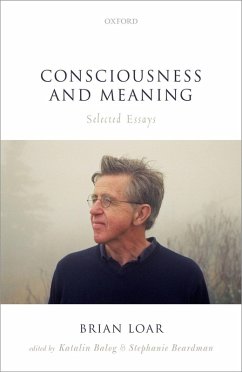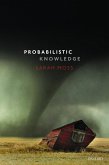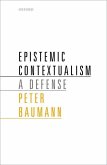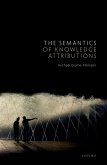One of the most important problems of modern philosophy concerns the place of the mind -- and, in particular, of consciousness, meaning, and intentionality -- in a physical universe. Brian Loar was a major contributor to the discussion of this problem for over four decades. This volume has two parts: one a selection of Loar's essays on the philosophy of language, the other on the philosophy of mind. A common thread in Loar's essays on language is his engagement with the Gricean program of analyzing linguistic representation in terms of mental representation, thus reducing the semantic to the psychological. In the philosophy of mind he was concerned with understanding consciousness and intentionality (mental representation) from the subjective perspective. The concern that unifies Loar's work in mind and language is how to understand subjectivity in a physical universe. He was committed to the reality of phenomenology, qualia, and the subjective perspective; and he found that phenomena like intentionality and consciousness are, in a certain sense, ineliminable and irreducible to objective ones. At the same time he believed that intentionality and consciousness are grounded in the physical. One of his great contributions was to reconcile these two positions by being a conceptual and explanatory anti-reductionist about both consciousness and intentionality but a metaphysical reductionist nonetheless. He had a deep commitment both to physicalism and to the reality and significance of the subjective point of view.
Dieser Download kann aus rechtlichen Gründen nur mit Rechnungsadresse in A, B, BG, CY, CZ, D, DK, EW, E, FIN, F, GR, HR, H, IRL, I, LT, L, LR, M, NL, PL, P, R, S, SLO, SK ausgeliefert werden.









